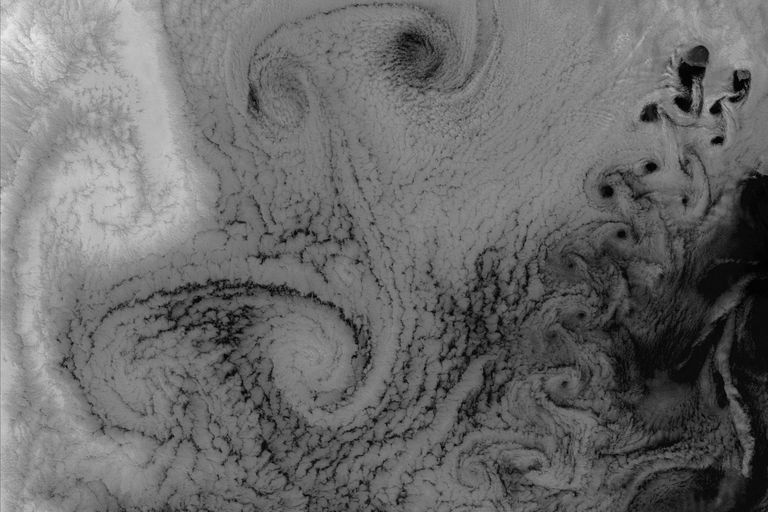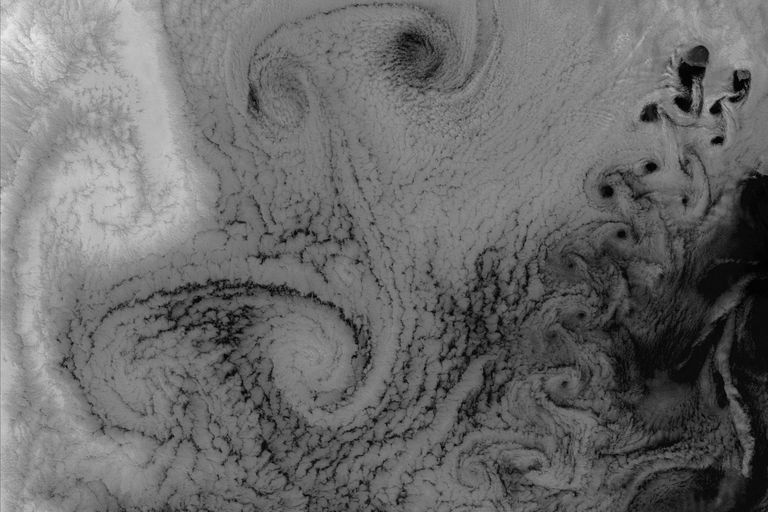Related topics

Carbon market continues to grow
Image: NASAHandel fürs Klima
Auf 1.1.2005 hat die Europäische Union weltweit das erste Handelssystem auf internationaler Ebene für CO2-Emissionsgutschriften realisiert. Die USA haben in den 90er Jahren mit einem Programm zur Bekämpfung des Sauren Regens gezeigt, dass ein solches System funktionieren kann. Noch ist ungewiss, ob der Handel mit Kohlendioxid zu einer ähnlichen Erfolgsgeschichte wird und sich weltweit etablieren kann.


